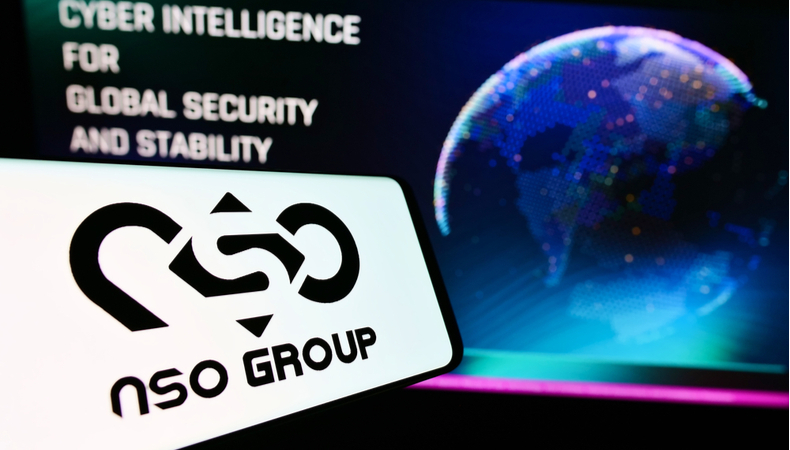Israel: Police use of Pegasus Spyware is not illegal


The local financial daily newspaper Calcalist accused the police of eavesdropping on at least 26 people who were not criminal suspects in a series of bombshell revelations over the previous two months. Politicians, demonstrators, and members of Israeli Prime Minister Benjamin Netanyahu’s close circle were among those mentioned in the allegations, which Netanyahu exploited to postpone his corruption trial.
Last month, Israel’s attorney general requested a probe into the alleged police misconduct. The Israeli justice ministry refuted the most severe of the newspaper’s assertions on Monday, stating that a preliminary investigation found “no indication” that the police had used the malware without legal approval.
The investigation discovered that in two cases, failed efforts were made to hack the phones of persons who were subject to court orders authorizing the surveillance of their electronic communications, and in a third case, the police succeeded. Investigators also looked into the usage of a second sort of spyware available to cops and found no evidence of misconduct, according to the report.
Related Posts
Even still, this is the first time the Israeli government has acknowledged that Pegasus has been used against a civilian. Last year, a group of 17 news organizations, including the Guardian, disclosed that the Israeli-made surveillance system had been sold to oppressive countries throughout the world and was being used to monitor activists, journalists, and attorneys, as well as government leaders and heads of state.
NSO has previously said that all of its sales are authorized by the government and that it does not operate Pegasus. Since then, Israel has tightened its limits on the transfer of cyberweapons, and the US banned NSO in November. While the Israeli government and private companies have developed sophisticated surveillance systems to monitor people’s activities in the occupied Palestinian territories, where Israel enforces military law, senior NSO officials previously stated that their software was not approved for use against Israeli and US phone numbers.
When the Calcalist charges were released earlier this year, those promises sparked widespread indignation. The police department flatly disputed the allegations. Calcalist’s editorial on Tuesday admitted that the original conclusions of deputy attorney general Amit Merari required “a reconsideration of the paper’s charges.” NSO, which has been under a barrage of criticism, praised the news, saying in a statement that it hoped the findings “would result in reporting that is no longer based on disinformation and political organizations producing biased and prejudiced reports.”
There are also doubts about whether Israel’s present privacy law, which went into effect in 1981, is up to the task of dealing with the technological sophistication of modern spyware. According to cybersecurity experts, Israeli court judgments are insufficient for authorizing the deployment of intrusive spyware like Pegasus.
Merari’s inquiry, which is aided by the Shin Bet and Mossad, Israel’s domestic and international intelligence organizations, is still ongoing. Her team will look into whether eavesdropping software was deployed on anyone other than those named in the Calcalist allegations without a court warrant, and if the police overstepped their power in employing spyware on civilians, according to the justice ministry.












